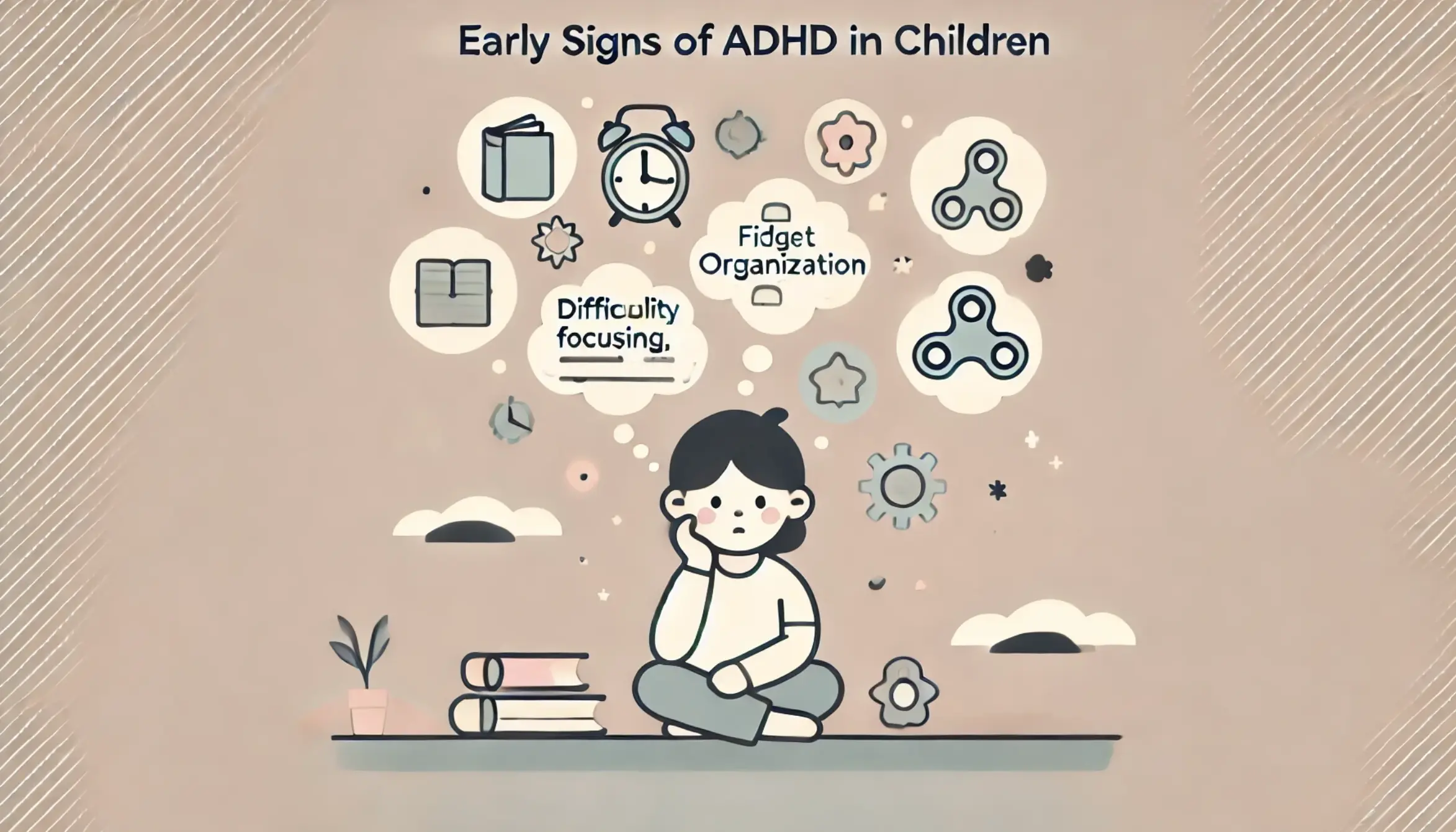Migration has become an ever-evolving narrative in a world shaped by constant change. As people seek refuge from persecution or violence or seek a better life, understanding the complex processes and evaluations involved is more crucial than ever.
This blog aims to shed light on the intricate and often misunderstood world of asylum and immigration evaluations, providing you with the knowledge you need to navigate this challenging terrain.
Asylum seekers and immigrants face many obstacles and uncertainties on their journey to find safety and opportunity in a new land. The process involves rigorous assessments, interviews, and documentation, which can be overwhelming without the proper guidance.
From the legal intricacies to the emotional toll it can take on individuals and families, we will explore every aspect of this intricate process.
Join us on this informative journey as we delve into the essential aspects of asylum and immigration evaluations, demystify the terminology, and offer insights that can make a real difference in the lives of those seeking refuge and a new beginning.
Whether you’re an advocate, a concerned citizen, or someone directly affected by these issues, this blog aims to equip you with the knowledge and empathy necessary to navigate this complex landscape.
What Is an Evaluation for Immigration?

An evaluation for immigration, often referred to as an immigration assessment or immigration evaluation, is a crucial step in relocating to another country. It is a requirement by immigration authorities to assess an individual’s eligibility for a specific immigration program or visa category.
This evaluation serves several key purposes:
- Firstly, it helps immigration authorities determine whether an applicant meets the necessary criteria for immigration, including factors like age, education, work experience, language proficiency, and criminal background checks.
- Secondly, it ensures that the applicant’s documentation is accurate and complete, helping to prevent fraudulent applications and maintain the integrity of the immigration system.
- Thirdly, an immigration evaluation may assess an individual’s potential contributions to the host country, such as their skills, qualifications, and ability to support themselves and their families.
In addition, an immigration evaluation plays a crucial role in the immigration process, guiding applicants and immigration authorities in making informed decisions regarding eligibility, admissibility, and granting visas or residency permits. It is a critical step in facilitating legal and orderly immigration while safeguarding the interests of both the host country and the immigrant applicants.
What is the Purpose of Immigration Evaluations?
The purpose of immigration evaluations is multifaceted, serving various essential functions within a nation’s immigration system. First and foremost, these evaluations aim to determine the eligibility and admissibility of individuals seeking entry or residence in a new country.
By assessing factors such as background, criminal history, health, and economic stability, immigration evaluations help governments make informed decisions about who should be allowed to enter and contribute positively to the host nation.
Moreover, immigration evaluations done by immigration evaluation therapists play a crucial role in national security. They help identify potential security risks, ensuring screening of those with malicious intent. This safeguards the safety and well-being of the host nation’s citizens and newcomers.
Furthermore, immigration evaluations also address humanitarian concerns. They assess asylum seekers and refugees, ensuring that those fleeing persecution or violence are granted protection and refuge.
Ultimately, the purpose of immigration evaluations is to strike a balance between security, humanitarianism, and economic considerations, facilitating the orderly and fair movement of people across borders while safeguarding the host nation’s interests and values.
Categories of Immigration Assessments
Immigration assessments encompass a range of categories designed to evaluate different aspects of an individual’s eligibility and admissibility to a new country. These categories can be broadly categorized into:
- Legal Eligibility: This category assesses an applicant’s adherence to legal requirements, such as visa categories, family reunification, or employment-based immigration. Evaluations in this category ensure that applicants meet the specific criteria for the chosen immigration pathway.
- Security Screening: National security is a paramount concern, and this category involves extensive background checks, criminal history reviews, and investigations to identify potential security threats or individuals with links to criminal organizations.
- Health Assessments: Immigration authorities often require medical examinations to assess applicants’ health. These assessments aim to prevent the spread of infectious diseases and ensure newcomers do not pose a public health risk.
- Economic and Financial Evaluation: Many countries evaluate the financial stability of immigrants to assess their ability to support themselves and avoid becoming a burden on the host nation’s social services.
- Humanitarian Considerations: This category includes evaluations of refugees and asylum seekers, focusing on their need for protection due to persecution, violence, or other humanitarian crises.
- Character and Background Checks: Immigration officials review an applicant’s character and background, including education, work history, and personal references, to gauge their potential contribution to the host nation.
- Language and Cultural Proficiency: Some immigration programs require applicants to demonstrate language proficiency and cultural knowledge to facilitate successful integration.
- Family and Relationship Assessments: Assessments in this category determine family relationships and connections, which can impact eligibility for family-sponsored immigration.
- Labor Market Needs: Certain immigration categories, like employment-based visas, assess an applicant’s skills, qualifications, and potential contributions to the host country’s labor market.
- Education and Skills: Some immigration pathways evaluate an individual’s education, training, and professional qualifications to determine their suitability for certain professions or academic programs.
Types of Immigration Waivers

These immigration waivers are critical in providing relief and second chances to individuals facing various inadmissibility challenges, whether related to health, misrepresentation, criminal convictions, or deportation. They aim to balance immigration enforcement with humanitarian considerations and family unity. However, obtaining such waivers can be complex and require skilled legal representation to navigate the application process successfully.
- INA 212(a)(1) Waiver: Inadmissibility, Health-Related Grounds: This waiver addresses health-related inadmissibility grounds. It allows individuals with medical conditions or diseases that would otherwise make them inadmissible to seek a waiver, typically by demonstrating that their entry would not threaten public health or safety. This waiver ensures that individuals with certain medical conditions can still obtain visas or lawful permanent residence.
- INA 212(i) Waiver: Fraud and Misrepresentation: When individuals are deemed inadmissible due to fraud or willful misrepresentation on their visa applications or during interviews, they can seek an INA 212(i) waiver. To obtain this waiver, applicants must establish that a U.S. citizen or permanent resident’s spouse or parent would face extreme hardship if denied admission.
- INA 212(c) Waiver: Waiver to Avoid Deportation After a Criminal Conviction: This waiver was historically available to lawful permanent residents facing deportation due to certain criminal convictions. However, it was repealed by the Illegal Immigration Reform and Immigrant Responsibility Act (IIRIRA). Still, some individuals with pre-IIRIRA convictions may be eligible to seek relief under this provision if they meet specific criteria.
- INA 212(h) Waiver: Waiver of Inadmissibility for Criminal Acts: Individuals with certain criminal convictions can apply for an INA 212(h) waiver to overcome inadmissibility. Applicants must often demonstrate that their removal would result in immense hardship to a U.S. citizen or lawful permanent resident’s spouse, parent, or child to be eligible.
Do Psychological Immigration Evaluation and Mental Health Evaluation Refer to the Same Concept?

Psychological immigration evaluation and mental health evaluation are related but not synonymous concepts. A psychological immigration evaluation primarily assesses an individual’s psychological or emotional well-being in the context of immigration proceedings.
It typically focuses on factors like an applicant’s ability to adapt to a new culture, cope with stressors related to immigration, and provide insights into their motivations and intentions.
On the other hand, a mental health evaluation is a broader assessment of an individual’s mental health status, encompassing various mental health disorders, symptoms, and overall psychological functioning.
While elements of mental health may be considered in a psychological immigration evaluation, the latter is explicitly tailored to immigration-related criteria. Both evaluations aim to provide valuable information for immigration authorities, but they have distinct scopes and purposes.
Immigration Psychological Evaluation Oakland, CA
When dealing with immigration matters, understanding the nuances of psychological immigration evaluations and mental health evaluations is crucial. These assessments can significantly impact immigration outcomes. Please contact APS for expert advice and support if you require guidance or assistance with such evaluations or any immigration-related concerns. Contact APS today for the help you need to navigate the complexities of immigration processes successfully!





